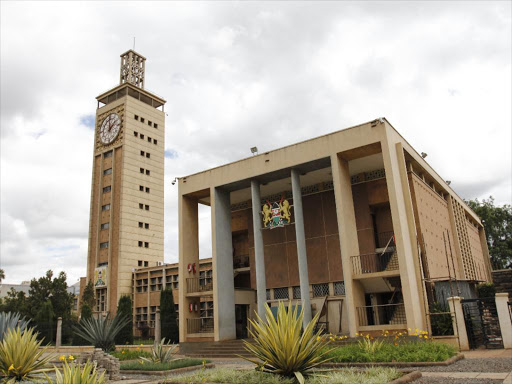The High Court has stopped Parliament from forwarding the Constitution of Kenya (Amendment) Bill to President William Ruto for assent, pending the determination of a petition filed by Katiba Institute.
In its ruling, the court noted that the risks flagged in the contested Bill were not speculative but presented substantive constitutional issues requiring judicial scrutiny. The judges emphasized that the doctrine of ripeness did not apply in this matter, asserting that the court had jurisdiction to hear and resolve the dispute.
The case has now been referred to the Chief Justice, who will appoint an even-numbered bench of judges to preside over the petition. In the meantime, the court issued clear directions: the Bill must not be forwarded to the President for assent, and even if assented to, it shall not come into effect until the case is concluded.
The court reasoned that halting the process was in the public interest, explaining that suspending a questionable initiative is preferable to allowing a flawed constitutional amendment that could generate legal and political turmoil.
At the core of the petition, Katiba Institute raises two principal objections. The first is that the Bill is constitutionally unnecessary. The petitioners argue that the funds the Bill proposes to establish are inconsistent with both the letter and spirit of the Constitution. They maintain that Parliament is pursuing amendments that undermine constitutional safeguards of fiscal prudence and responsibility in public expenditure.
The second objection is that certain provisions of the Bill require ratification through a referendum. The petitioners point out that Parliament has failed, for over 14 years, to pass legislation governing the conduct of referenda as required by the Constitution. They argue that this legislative gap renders the current constitutional amendment process defective, insisting that the enactment of a referendum law is a prerequisite before such changes can proceed.
The outcome of the case is expected to significantly shape the future of constitutional amendments in Kenya. Should the court uphold the petition, it could stall or even nullify the proposed Bill, reinforcing judicial oversight over the constitutional amendment process. Conversely, if the Bill is cleared, it would embolden Parliament and the Executive in their push to alter the supreme law without addressing the existing gaps in referendum legislation.
This case highlights the enduring tension between constitutional guardianship and political ambition, with the judiciary once again stepping in as a decisive arbiter in Kenya’s governance.

